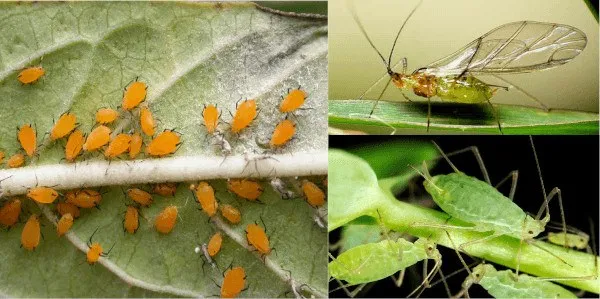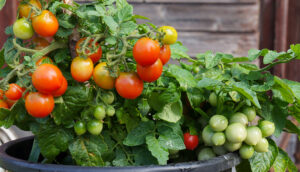How to Fight the Aphids That Ravage Your Gardens: Effective and Ecological Tips

Aphids, also known as aphids, are small sap-sucking insects that can wreak havoc in our gardens. These tiny insects feed on the sap of plants, weakening them and leaving them susceptible to disease and other problems. Fortunately, there are several ways to fight aphids in an effective and ecological way, without resorting to harmful chemicals for the environment. In this article, we will explore how to deal with the presence of aphids in your gardens and protect your plants from their damage, using natural and nature-friendly methods.
Regular Inspection:
Early detection is key to controlling the aphid population in your garden. Make regular inspections of your plants, especially in the areas most prone to infestation, such as young shoots and new growth. By identifying aphids early, you can take preventative measures before their population becomes uncontrollable.
Manual Cleaning and Removal:
If you notice the presence of aphids on your plants, an effective and ecological measure is manual removal. Use gloves and water to gently rinse aphids off the leaves and stems of affected plants. Once you remove them, soak them in a bucket of soapy water to make sure they don’t come back. Also, remove and destroy severely infested plant parts.
Encourages the Presence of Natural Predators:
There are several natural enemies of aphids, such as lady beetles, lacewings, and parasitoid wasps, which feed on them. Encourage the presence of these natural predators in your yard by providing shelter and food for them. Plants like marigolds and dill attract ladybugs, while umbelliferous plants like fennel attract lacewings and parasitoid wasps.
Neem Oil Spray:
Neem oil is a natural product derived from the seeds of the neem tree that acts as an insecticide and repellent. You can prepare a neem oil spray by mixing a teaspoon of neem oil with a liter of water and adding a few drops of liquid soap. Spray this mixture on your aphid-affected plants, making sure to cover all parts of the plant. Neem oil acts as an insect growth regulator and repels aphids without harming beneficial insects.
Garlic and Chili Spray:
Another ecological option to combat aphids is to prepare a garlic and chili spray. Mix two crushed heads of garlic and two hot chili peppers in half a liter of water. Let the mixture steep for a few hours and then strain it. Spray this solution on your plants to repel aphids and prevent future infestations.
Physical Barrier:
An effective preventive measure is the installation of a physical barrier to protect your plants from aphids. You can use fine mesh cloth or even horticultural netting to cover your plants and prevent aphids from attacking them.
Crop rotation:
Crop rotation is an agricultural practice that involves changing the location of plants in the garden each season. This helps prevent the buildup of pests, including aphids, which can affect plants in the same family.
Conclusion:
Aphids can be a nuisance in our gardens, but with a suitable strategy, it is possible to fight against them in an effective and environmentally friendly way. Regular inspection, manual removal, the presence of natural predators, the use of natural products such as neem oil and garlic and chili spray, as well as physical barriers and crop rotation, are measures that can help you maintain keep these sap-sucking insects at bay. By adopting ecological practices to fight against aphids, you will be protecting the health of your plants and contributing to a more balanced and sustainable garden.








